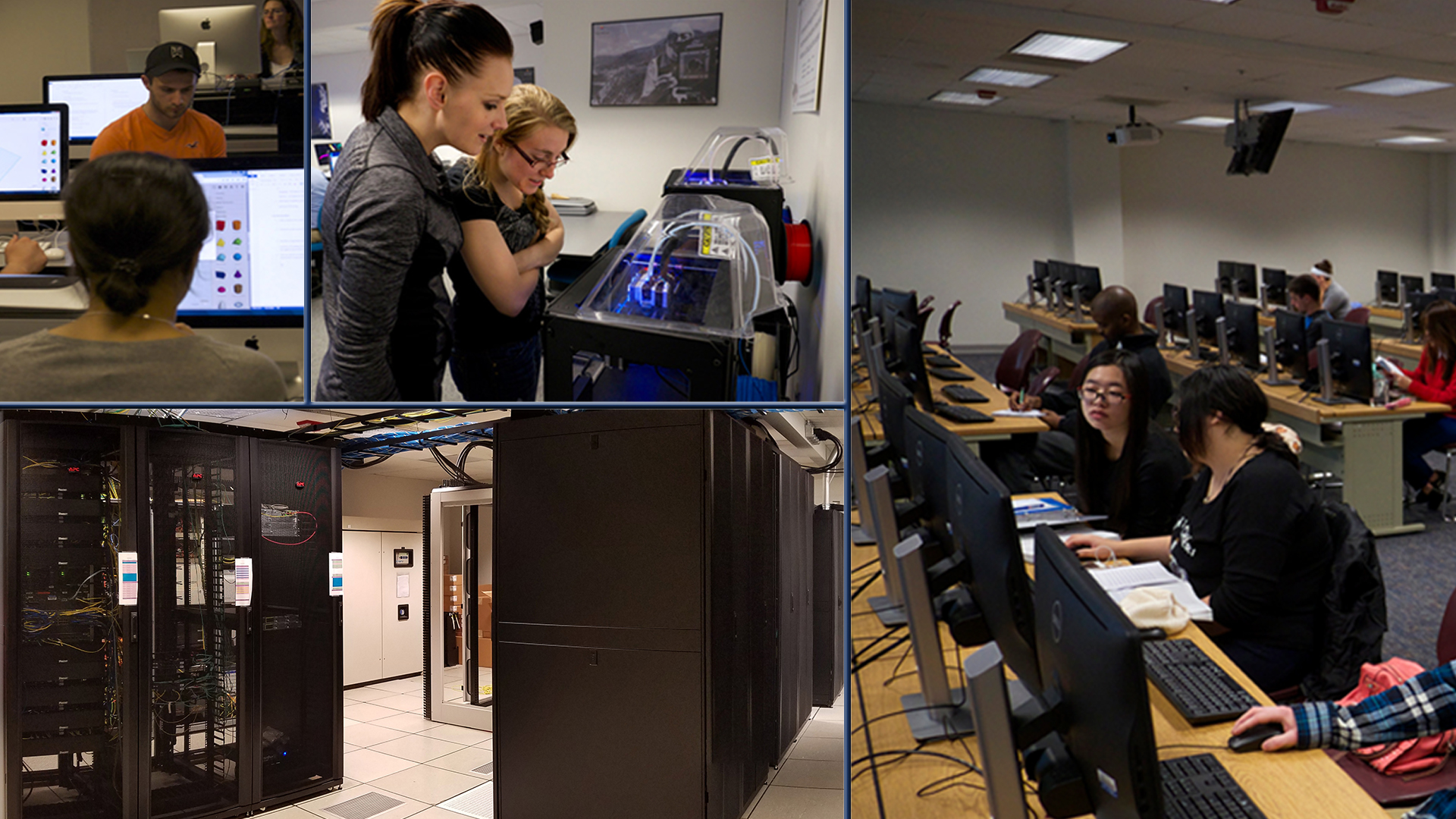Zoom is a cloud-based conferencing solution that provides both video conferencing and screen share capabilities. All UIS faculty, students, and staff have access to the university’s licensed account and to Zoom’s great video conferencing features.
Students:
- Real-time online conferencing to support student meetings
- Screenshare, annotate, and record meetings
- Collaborate using any device
- Share presentations to a remote audience
- Record your student presentation to the cloud and share the link to your instructor
Instructors:
- Real-time online conferencing to support meetings, teaching, and learning.
- Present synchronous (live) or asynchronous (pre-recorded) lectures.
- Virtual office hours, online tutoring, and advising of students.
- Meet with up to 300 students online at the same time.Assign students to collaborate in groups online.
- Share presentations and demonstrations to a remote audience.
- Introduce guest speakers from remote locations.
Zoom Resources
- COLRS Synchronous eLearning Resource for Faculty
- Best Practices for Meetings
- Zoom Support Center
- Zoom Breakout Rooms for Participants
- Zoom Calendar and Contact Integration
- Account Consolidation
- For users who have previously signed up for a Zoom account with their UIS email and now would like to use the UIS License.
Zoom Security
As UIS classes and much of business operations are being conducted virtually, Zoom has become an important collaboration tool. On occasion, you may encounter uninvited guests attempting to harass other attendees and cause disruption. To better manage your meetings and protect your sessions from these uninvited guests, Zoom has shared some helpful tips: How to Keep the Party Crashers from Crashing Your Zoom Event.
If you need further assistance with Zoom, please contact the ITS Help Desk at (217) 206-6000 or techsupport@uis.edu
Zoom Use Case Disclaimer
Using Zoom has a wide variety of purposes, but using it to share or discuss certain information with legal compliance issues can put the university at risk of fines, penalties, legal, other large costs, and national reputational damage.
Please remain aware of the types of information being shared when using Zoom. The university wants to make this tool as useful as possible and is working through processes to meet the requirements of its legal obligations.
Below is the current status of some of these data type obligations based on the Data Classification Page:
| Data Classification | Status |
|---|---|
| Student data (FERPA) | APPROVED |
| Personal Health Information (HIPAA) | NOT APPROVED |
| Credit Card information (PCI) | NOT APPROVED |
| Bank Account information (GLBA) | NOT APPROVED |
| Social Security Numbers (PIPA) | NOT APPROVED |
| Driver’s License Numbers (PIPA) | NOT APPROVED |
| Biometric Data (PIPA) | NOT APPROVED |
| Export Control (EAR/ITAR) | NOT APPROVED |
| Government Classified | NOT APPROVED |
